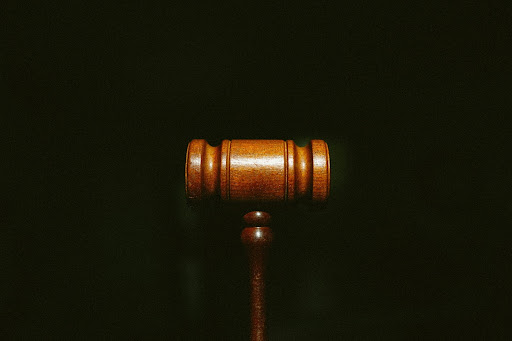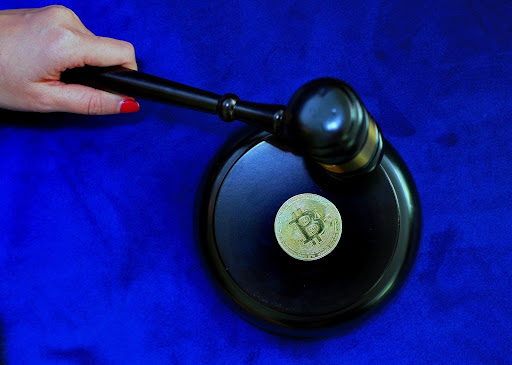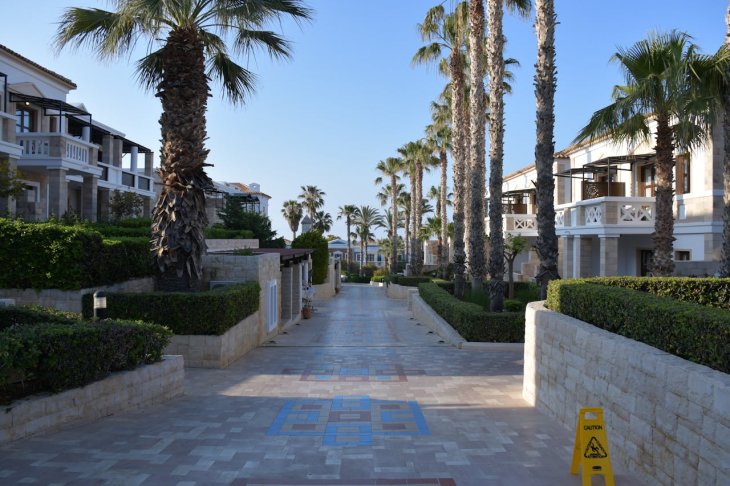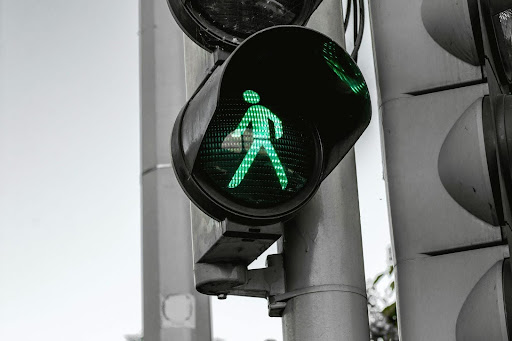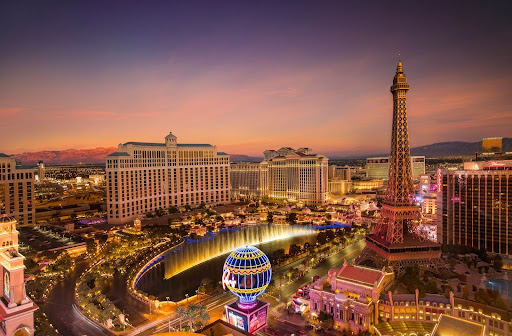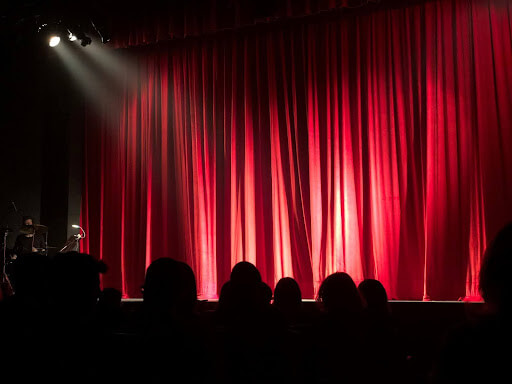The State of California and Governor Gavin Newsom have sued the US Department of the Interior in federal court. The plaintiffs are challenging the department’s approval of the Koi Nation’s planned casino resort to be established in Sonoma County.
The lawsuit is filed in the US District Court for the Northern District of California and argues that federal officials bypassed several key legal safeguards when authorizing the project. This resulted in them unlawfully overstepping their authority under federal law.
The dispute is focused on a 68.6-acre parcel of land called the Shiloh Site, located just outside of Windsor. The Department of the Interior approved that the land be taken into trust on behalf of the Koi Nation, allowing the tribe to develop a massive casino resort. The proposed development will include over 2,700 slots, 105 table games, a hotel, and the capabilities to host over 10,000 guests.
Gambling in California has always been a contentious issue, with only tribal casinos legally allowed to operate in the state. Online gambling is also banned, which means gamblers have to turn to offline sites or find their way to a tribal casino or card room if they wish to play any casino games. Many of these offshore sites outside of California offer exclusive bonuses in the US to attract players, providing an engaging casino experience to residents in the state and the entire country.
The latest Koi Nation development will likely boost the local gambling economy in California, but plaintiffs argue that the approval violates the Indian Gaming Regulatory Act (IGRA). The Act prohibits most forms of gambling outside of Indian reserves, as well as on properties acquired after 1988, apart from specific exemptions.
Furthermore, the Interior Department justified the approval under the exception of “restored lands”, which allows casinos on newly gotten land if the land can be tied to “the restoration of lands for an Indian tribe that is restored to Federal recognition.”
The state is claiming that the Koi Nation does not meet the exception criteria. According to the plaintiffs, “The record on which Interior relied in its decision is insufficient to show that the acquisition of the Shiloh Site constitutes a ‘restoration’ of the Koi Nation’s tribal lands. Interior’s decision is therefore contrary to law, and otherwise arbitrary and capricious.”
One of the key issues of the case is whether the tribe has any historical relation to the site. Officials claimed evidence of burial grounds, trade routes, and historical records. But California state officials argue that the evidence does not demonstrate a consistent tribal presence at the site, and therefore, it can’t qualify under the restored lands exception.
The State and Gov. Newsom are seeking to void the approval and have the Shiloh Site declared ineligible for tribal casino development under federal law. The latest lawsuit adds to ongoing opposition from local communities and other tribes, who have expressed fears that the development will harm public safety and the rural environment of the area.

